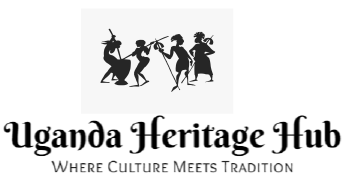
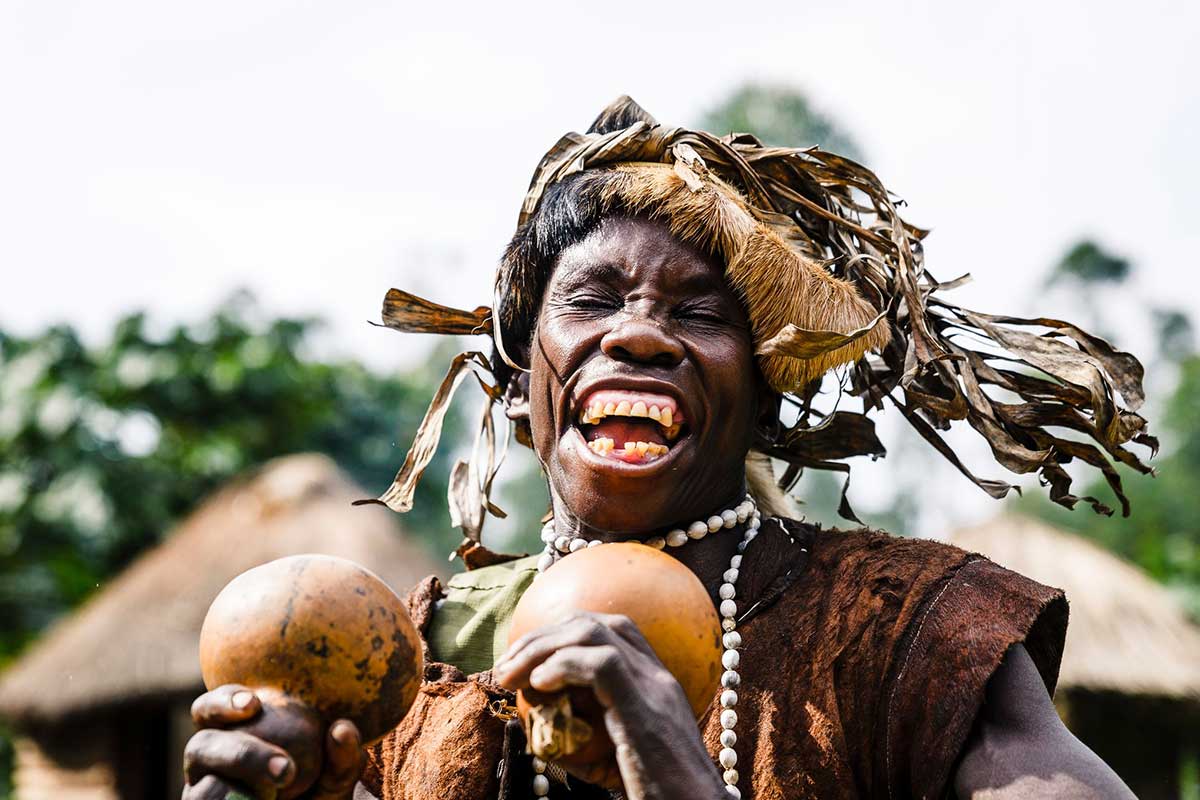
Acoli have the Elephant, Baganda have the Lion, Lango have the Rhino, Ankole have the LongHorn cows and the Madi have the Leopard
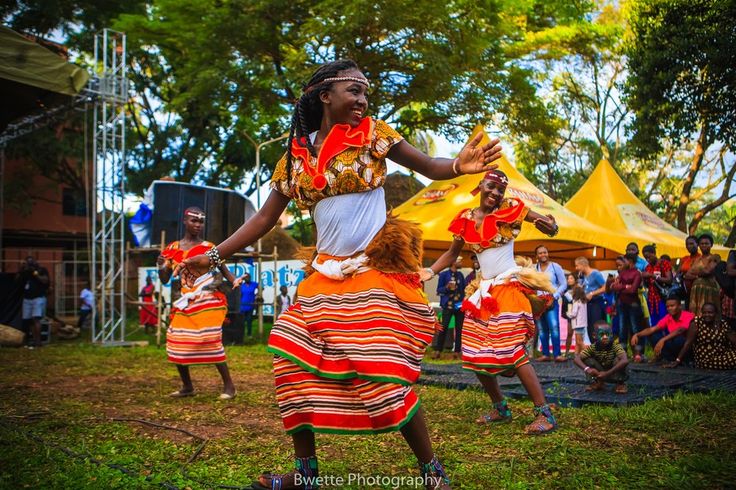
Uganda is renowned for its lively music and dance. From the traditional drums of the Baganda people to the rhythmic beats of the Lugbara, Uganda's music scene is a vibrant blend of traditional and contemporary sounds. Dance, too, is a significant part of Ugandan culture, with traditional dances like the Ensemble and Kakadubi showcasing the country's rich heritage.
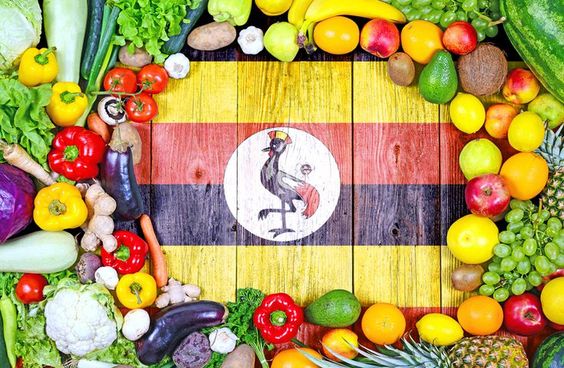
Ugandan cuisine is a testament to the country's agricultural diversity. From the fresh fruits and vegetables of the countryside to the hearty stews and soups, Ugandan food is a celebration of the land and its bounty. Traditional dishes like Matoke (cassava leaves), Mukimo (mashed bananas), and Nsima (a staple made from cornmeal) are not just meals but cultural expressions.
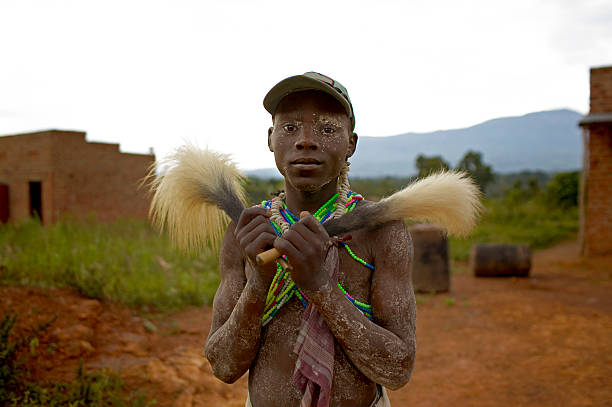
Ugandan culture is deeply rooted in traditions and customs that have been passed down through generations. From the Omukama (king) ceremonies of the Baganda to the Namasagali (initiation rites) of the Lugbara, these traditions are integral to the identity and social fabric of Uganda.

Ugandan communities are known for their warmth and hospitality. Whether it's the Jambo (greeting) that welcomes visitors or the Wazungu (foreigners) who are always made to feel at home, Ugandans value community and social interaction. The "Ubuntu" philosophy, which emphasizes the interconnectedness of humanity, is a cornerstone of Ugandan society.

Whether you're planning a visit to Uganda or simply curious about the country, our website is your gateway to understanding and experiencing Ugandan culture. From the bustling markets of Kampala to the serene landscapes of the national parks, Uganda offers a unique blend of urban and rural experiences. To fully experience Ugandan culture, visit museums like the National Museum in Kampala.

Uganda's traditional art forms are a reflection of the country's ethnic diversity and cultural richness. Masks, known as "Lukasa," are a significant part of Ugandan art, often used in traditional dances and ceremonies. These masks are intricately carved and painted, with each design representing a specific cultural or historical significance.
Sculptures, particularly those made from wood, are another form of traditional art in Uganda.